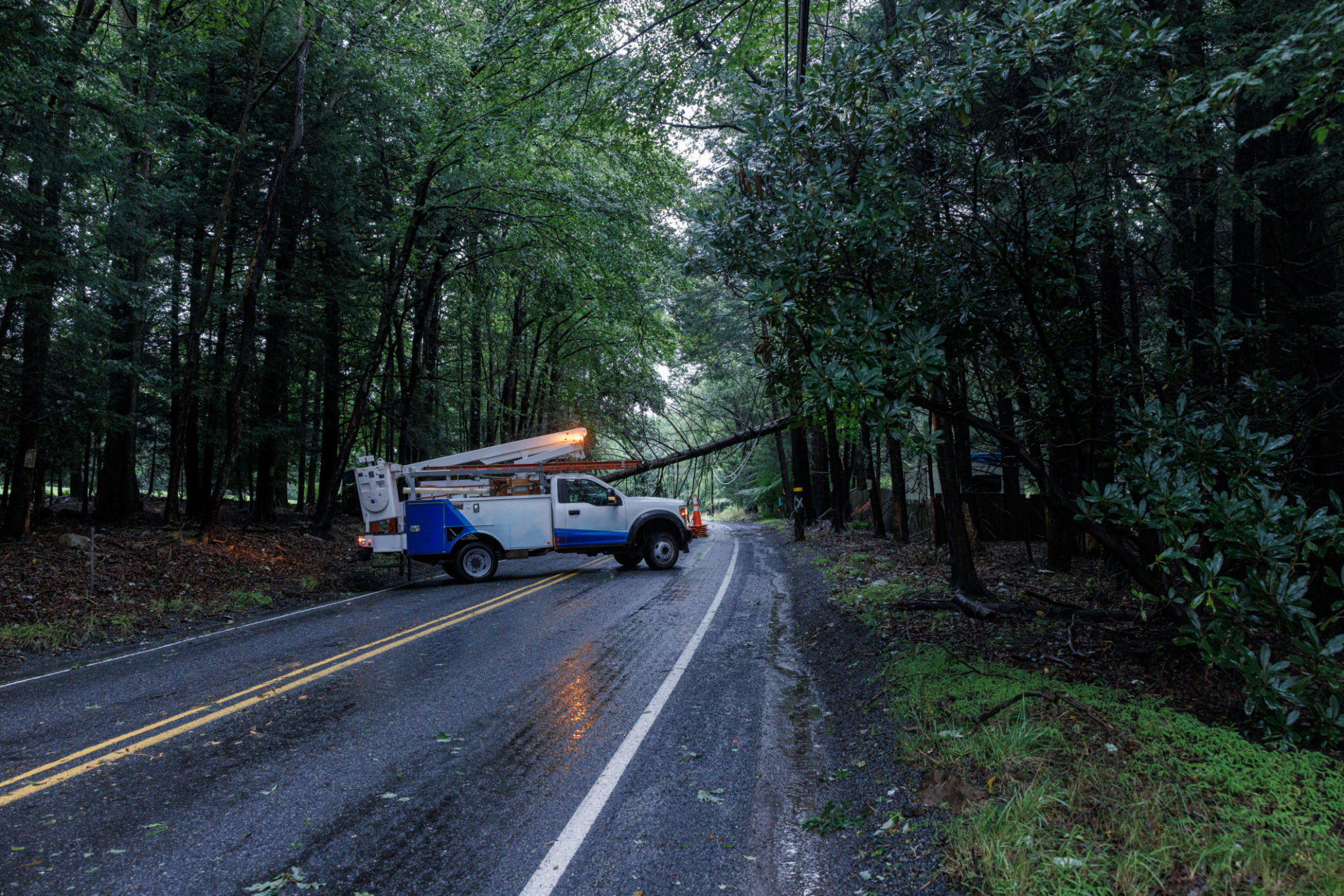Seasonal Tips for Stroke Recovery: How Weather Affects Rehabilitation
Understanding the Impact of Weather on Stroke Recovery
Recovering from a stroke is a journey that varies significantly from person to person. One often-overlooked factor in stroke rehabilitation is the role of weather and seasonal changes. Understanding how different weather conditions can affect recovery can help patients and caregivers better prepare for the challenges that come with each season.
Weather can influence both physical and emotional well-being, which are critical components of stroke recovery. As seasons change, so do the needs of someone recovering from a stroke, making it essential to adjust rehabilitation routines accordingly.

Effects of Cold Weather on Stroke Recovery
Cold weather can pose challenges for those recovering from a stroke. For instance, colder temperatures can lead to muscle stiffness and joint pain, which may hinder physical therapy exercises. It's crucial for patients to stay warm and dress appropriately to maintain flexibility and reduce discomfort during colder months.
Additionally, shorter daylight hours in winter can contribute to feelings of depression or Seasonal Affective Disorder (SAD). These emotional changes can impact motivation and participation in rehabilitation activities. Consider incorporating light therapy or spending time outdoors during daylight hours to combat these effects.

Benefits of Warm Weather for Rehabilitation
Warmer weather often brings several benefits for stroke recovery. Increased sunlight exposure can boost mood and provide essential Vitamin D, which is beneficial for bone health. Outdoor activities become more accessible and can help improve physical fitness and coordination.
However, it's important to be cautious of overheating or dehydration during hot weather. Staying hydrated and taking breaks in shaded areas or indoors can help mitigate these risks. Balancing outdoor activities with proper hydration and sun protection is key to maximizing the benefits of warmer seasons.

Managing Humidity and Its Effects
High humidity levels can also affect stroke recovery. Humidity can lead to discomfort and fatigue, which might decrease the motivation to engage in rehabilitation exercises. It may also exacerbate respiratory issues in some individuals.
To manage humidity, consider using air conditioning or dehumidifiers indoors. Wearing breathable clothing and staying hydrated are also effective strategies to stay comfortable during humid conditions. Adjusting the timing of outdoor activities to cooler parts of the day can also help maintain energy levels.
Preparing for Seasonal Transitions
Transitioning between seasons requires planning and adaptation. Ensure that your home environment is equipped to handle seasonal changes, such as having appropriate clothing and gear for different weather conditions.
Here are some tips to prepare for seasonal transitions:
- Review and adjust your rehabilitation plan with your healthcare provider.
- Stay informed about weather forecasts to anticipate necessary adjustments.
- Maintain a consistent routine to promote stability in your recovery journey.

By understanding and preparing for how different weather conditions affect stroke recovery, patients and caregivers can make informed decisions that enhance rehabilitation efforts. Adapting to each season's unique challenges ensures that progress continues smoothly on the path to recovery.